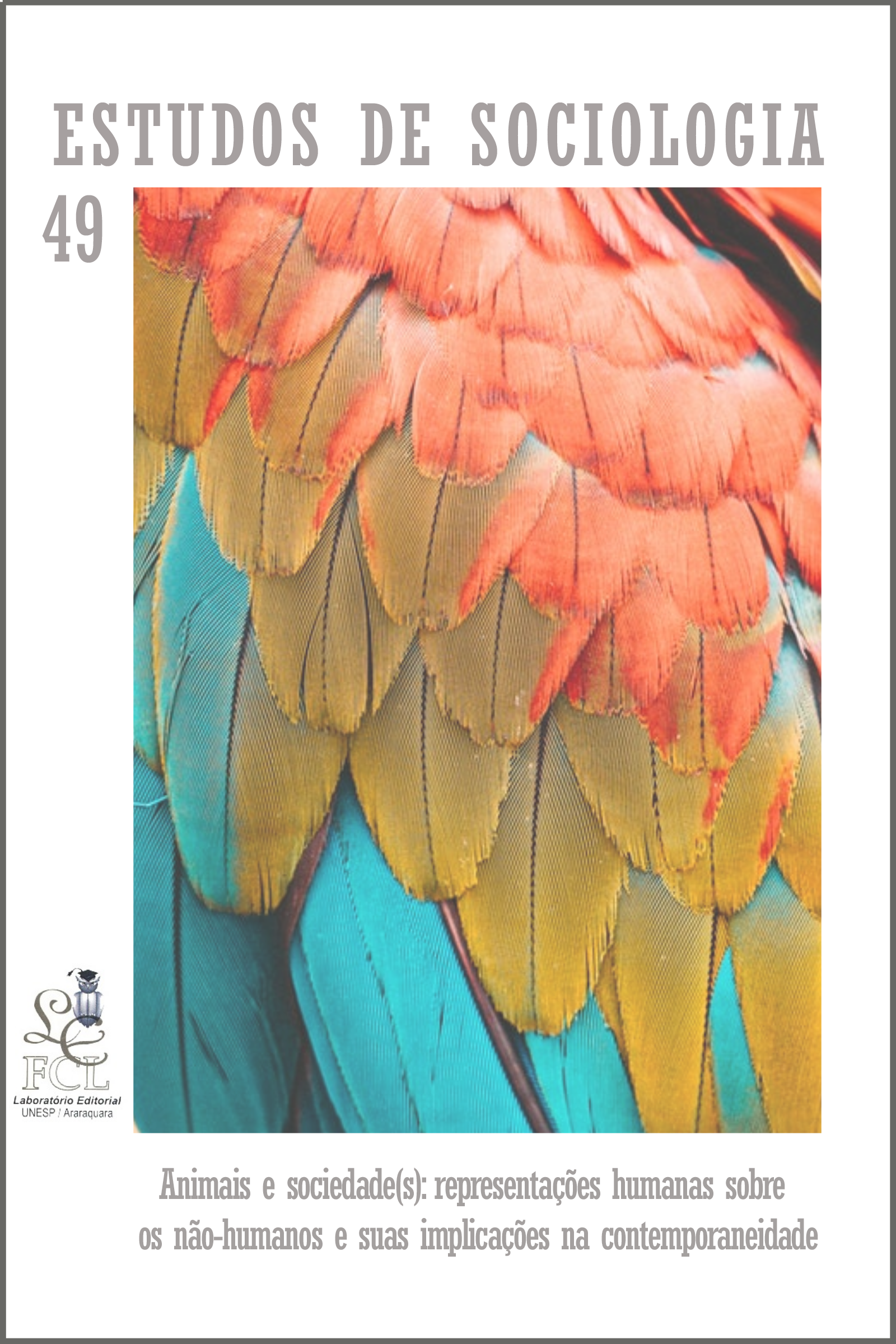Between love to animals and public health: Sociological reflections on canine visceral leishmaniosis
DOI:
https://doi.org/10.52780/res.14110Keywords:
Multi-species families, Canine visceral leishmaniasis, Health surveillance, Human and animal healthAbstract
Animals have always been part of human societies, whether as a source of food, as sacred entities, as companies or as goods. Among the strands of studies on human and non-human animal relations, this article focuses on an aspect little investigated by the social sciences: the social dimension of policies to control diseases transmitted between humans and animals (zoonotic diseases). We analyzed the controversies and conflicts which occur between the socio-technical measures adopted by the epidemiological surveillance services for the control of this disease and the meanings attributed to this control by zoonoses surveillance professionals and the media, taking as a case study the public actions of control of canine visceral leishmaniasis developed in Florianópolis, SC, Brazil, between 2010 and 2020. The low effectiveness of public control policies is related to the lack of coordination between epidemiological and social factors (related to multi-species families) in preventive campaigns.
Downloads
Downloads
Published
How to Cite
Issue
Section
License

À revista Estudos de Sociologia ficam reservados os direitos autorais pertinentes a todos os artigos nela publicados.
Os artigos publicados e as referências citadas na revista Estudos de Sociologia são de inteira responsabilidade de seus autores.
A Estudos de Socilogia utiliza a licença https://creativecommons.org/licenses/by/4.0/ (CC BY), que permite o compartilhamento do artigo com o reconhecimento da autoria.



